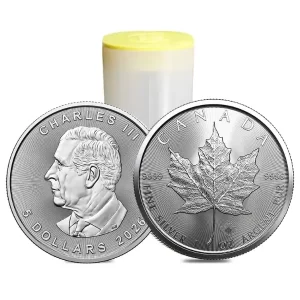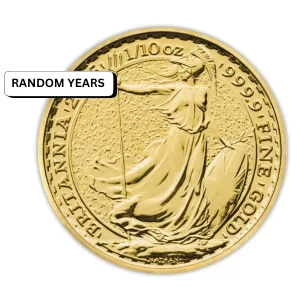Since the Russian invasion of Ukraine earlier this year, one of the main economic debates has been whether the sanctions placed on Russia by the West and other European nations are working or not? Given the fact the Russian Ruble has been the best performing currency of the year and those European nations, like Germany, that are heavily reliant on Russian resources (mainly natural gas) being hit the hardest – it is difficult to argue that sanctions are actually working. However, if you were to only look through the mainstream reports – you would think the sanctions are having a devastating impact on Russia’s ability to conduct business on the world stage. Just today (June 27th, 2022) the New York Times reported that, “Russia missed deadline for paying bondholders, signalling its first default on international debt in more than a century. The move came after Western sanctions thwarted Moscow’s efforts to pay foreign investors.” Now, what is important to understand is that the mainstream media are experts on psychology and fully understand how to make the highest degree of impact on their readers. These days, the best way to do that is with a flashy headline knowing that in the age of Alexa clap on lights, most readers will not get passed the headline itself – actually forming a full opinion on the story without even opening it; truth seemingly unimportant. That said, the real truth imbedded in this story does take some digging to find as further down the article they include a quote from the Russian Finance Minister that adds some important insight – he states that Russia had sent bond payments to Euroclear (a Brussels-based clearinghouse) in May to cover June, but those funds were subsequently held by the clearinghouse and not transferred to the appropriate recipients. Dmitri S. Peskov, the Kremlin’s spokesman, told reporters that statements of default were “absolutely illegal” and “the fact that Euroclear withheld this money, did not transfer it to the recipients, it is not our problem. In other words, there are no grounds to call this situation a default.” What this really shows is that investors in Russian government debt have actually had their returns blocked by Western governments. This situation being very similar to when the Canadian government showed it can freeze citizen bank accounts without any type of trial taking place beforehand due to these Russian debt payments being blocked not affecting the Russian government itself, but rather its investors because the currency isn’t theirs anyway. They paid their bondholders and that is it – it is the bondholders getting short-changed here due to payments being blocked. So with these situations piling up – it begs the question if there is a way around this? The quick answer: yes, there is. The long answer will take some explanation, but that answer is found within gold.
Earlier last week there was an article that came out of Bloomberg that was headlined, “Switzerland Imports Russian Gold for First Time Since War” – however, what was interesting about this story was that the four largest Swiss refiners all stated they DID NOT take the Russian gold. This led to a statement a couple days later that, even though Russian gold was SELF-SANCTIONED by Switzerland (meaning no official sanction had been placed, but there was a de facto-agreement that stated no Russian gold would be accepted by the Swiss) somehow the 3 tonnes of gold made it through the border and “now it is unclear where the gold went, or what party had it imported.” This CLEARLY shows that even though there was an agreement in place to bar Russia from making payments in gold, the shiny metal still found a way to circumvent the system, highlighting its monetary power provided to those who hold it.
And what was the reaction to this situation? Well, the G7 nations were quick on the hop to shut down any inquiries into that mentioned monetary power that silver and gold possess by issuing official sanctions barring the import of Russian gold. What they won’t tell you is how useless official sanctions are because even with an unofficial agreement in place, gold still found its way into Switzerland and now that it has likely been melted down there will be no way to ever find it. This being the main reason central banks hate silver and gold; they want to track every transaction so it can be blocked if they do not approve of it like what happened with Russia’s bond payments mentioned earlier in the newsletter. When money is digital, the issuers have full control of how and where it is spent. With silver and gold, you (the holder) make the rules.
One central bank that has openly admitted to the power of gold is the Reserve Bank of Zimbabwe, who today announced they would be minting and issuing into circulation gold coins “as a part of measures to ensure investors and the general public have alternative means to preserve value”. This move is being used to combat inflation that has reached 190%+ year-over-year and over 30% month-over-month in the African country.
If you too want to preserve some of your hard earned wealth in gold – check out our website here where we have an incredible selection of fractional gold to help out precious metal enthusiasts that may not want to shell out for a full ounce of the shiny yellow metal. That said, we also have a great selection of full one-ounce pieces, right up to full kilos for those interested in larger denominations of gold. Our feature piece this week is the 1/20oz & 1/10oz Lunar Year of the Tiger Coin from the Perth Mint.
1/20oz Lunar Year of the Tiger Coin
 Hi,
Hi,













